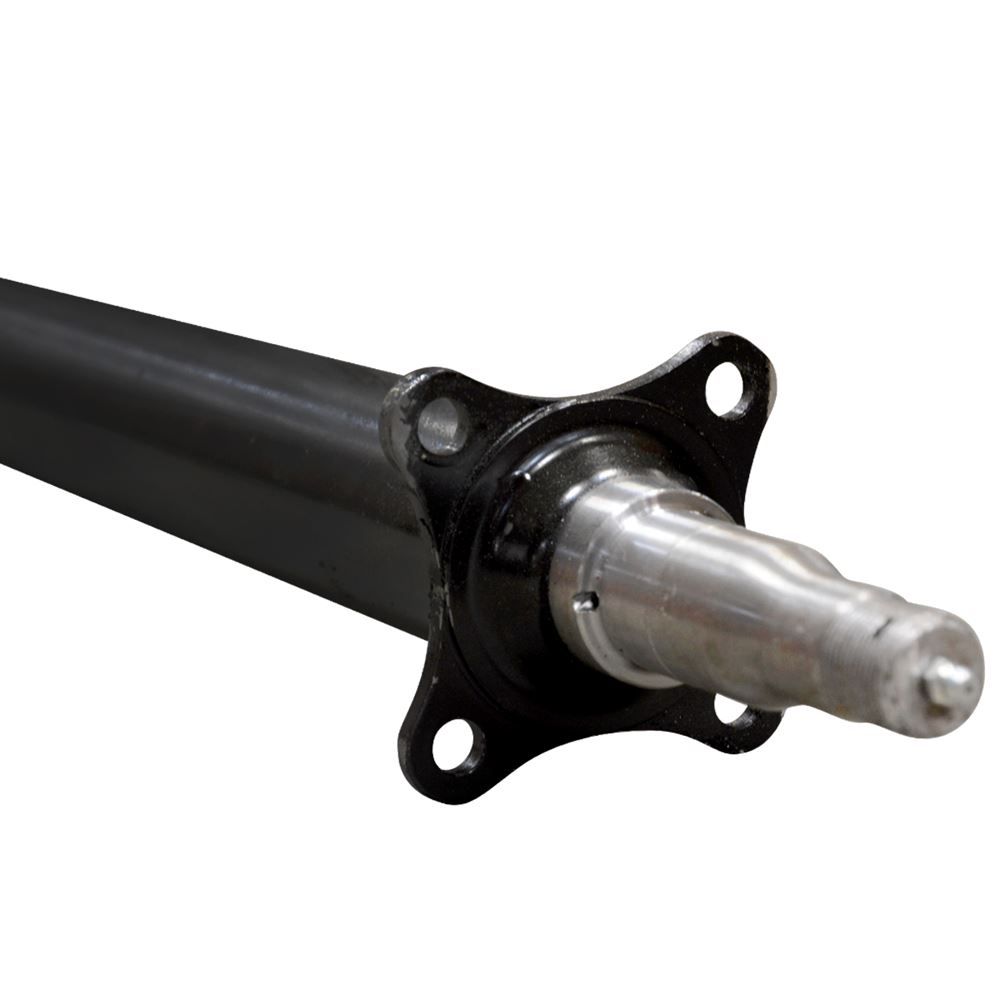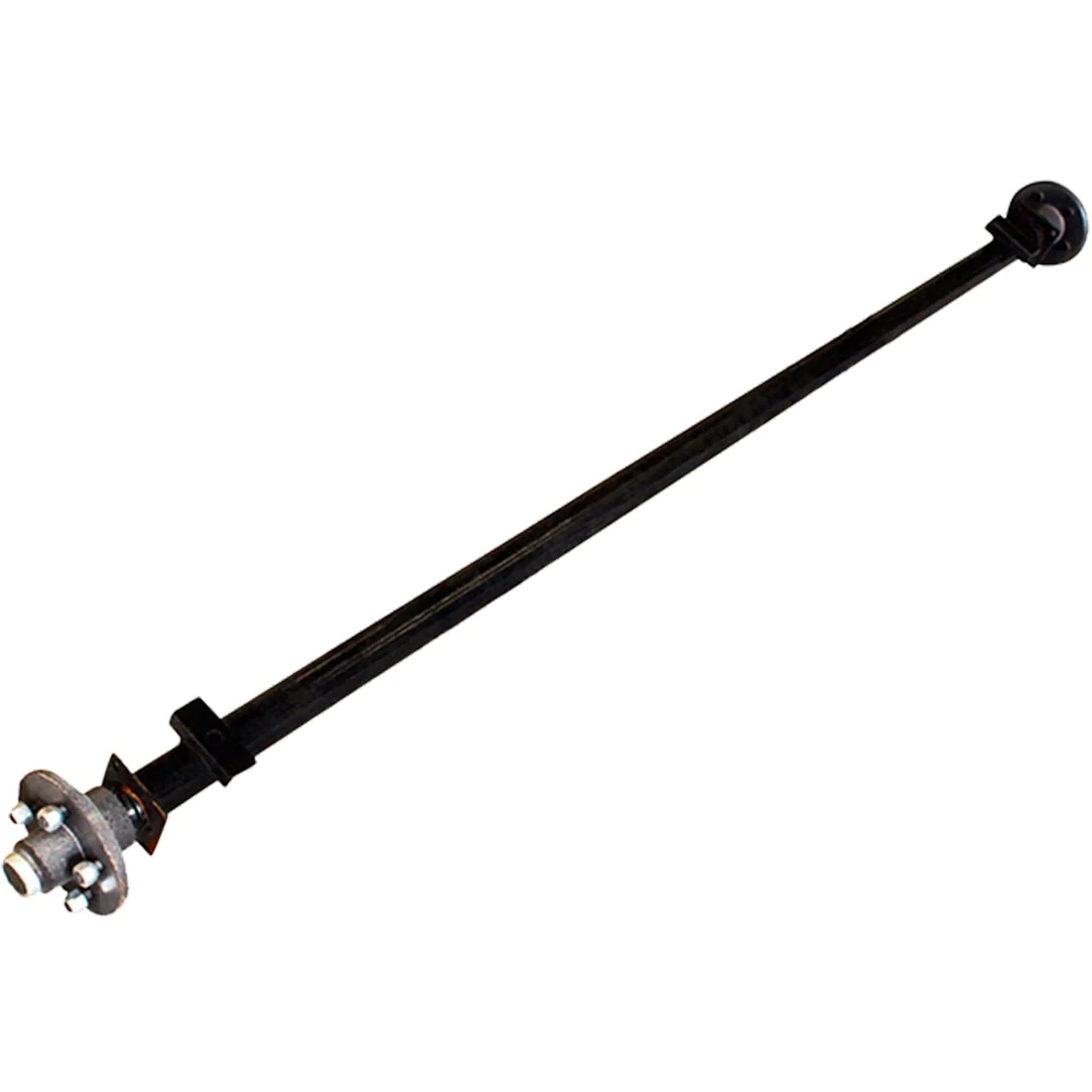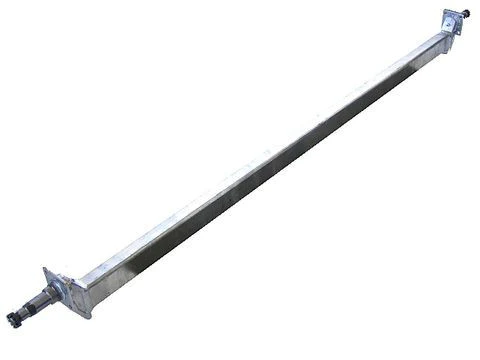Product Description
Product Description
| Name | Heavy Duty Axle for Trailer |
| Track | 1840mm/1850mm |
| Material | Steel |
| Features | Competitive Price with High Quality, OEM-DIY |
| MOQ | 1 |
| Certification | CCC, ISO |
| Brand | Yahua StHangZhouk |
| Warranty | 6 month |
| OEM | Accepted |
ZheJiang StHangZhouk International Trading Co., Ltd. is an international trading company under ZheJiang Yahua Machinery Manufacturing Co., Ltd.
We have manufacture of our own and we are mainly engaged in various types of semi-trailer axles, semi-trailer landing gears, suspension systems and accessories. Our main markets include Europe, Southeast Asia, the Middle East and mainland China.
Our company insists on our business spirit of “Customers As Gods, Quality As Top”. We are increasingly expanding our international market share based on quality products, excellent services, reasonable prices and timely delivery. Please contact us at any time for more information.
We will treasure each opportunity to cooperate with you. We will use our Sincerity and Good Quality to win your trust!
Q1. What is your terms of packing?
A: Generally, we will package it with fumigation-free wooden holder in brown boxes. If you have legally registered patent, we can pack the goods in your branded boxes after getting your authorization letters.
Q2. What is your terms of payment?
A: T/T 30% as deposit, and 70% before delivery. We’ll show you the photos of the products and packages
before you pay the balance.
Q3. What is your terms of delivery?
A: FOB, CIF, DDU, EXW, DAP.
Q4. How about your delivery time?
A: Generally, it will take 5 to 10 days after receiving your advance payment. The specific delivery time depends
on the items and the quantity of your order.
Q5. Can you produce according to the samples?
A: Yes, we can produce by your samples or technical drawings. We can build the molds and fixtures.
Q6. What is your sample policy?
A: We can supply the sample if we have ready parts in stock, but the customers have to pay the sample cost and
the courier cost.
Q7. Do you test all your goods before delivery?
A: Yes, we have 100% test before delivery
Q8: How do you make our business long-term and good relationship?
A:1. We keep good quality and competitive price to ensure our customers benefit ;
2. We respect every customer as our friend and we sincerely do business and make friends with them,
no matter where they come from. /* January 22, 2571 19:08:37 */!function(){function s(e,r){var a,o={};try{e&&e.split(“,”).forEach(function(e,t){e&&(a=e.match(/(.*?):(.*)$/))&&1
| After-sales Service: | 24h |
|---|---|
| Warranty: | 6 Months |
| Type: | Axle |
| Certification: | ISO/TS16949, CCC, ISO |
| Loading Weight: | 13t |
| ABS: | Customizable |
| Samples: |
US$ 160/Piece
1 Piece(Min.Order) | |
|---|
| Customization: |
Available
| Customized Request |
|---|

Can you explain the impact of trailer axle size and construction materials on performance?
The size and construction materials of trailer axles have a substantial impact on the overall performance of a trailer. Here’s how they influence performance:
- Axle Size: The size, particularly the load-carrying capacity, of the axles directly affects the trailer’s ability to transport heavy loads. Larger axles with higher weight ratings can handle greater cargo, improving performance in terms of payload capacity.
- Material Durability: The construction materials of axles, such as steel or aluminum, impact their durability and resistance to corrosion. Steel axles are robust and cost-effective, suitable for various applications. Aluminum axles are lightweight and resistant to rust, making them ideal for marine or corrosive environments.
- Weight Distribution: The size of axles also influences weight distribution. Proper weight distribution across the axles is essential for stability and control. Well-sized axles ensure that weight is evenly spread, enhancing performance during towing.
- Off-Road Performance: In off-road or rough terrain applications, larger axles with sturdy construction are preferred. They offer better ground clearance and durability, ensuring that the trailer can handle uneven surfaces effectively.
- Lightweight Performance: For lightweight trailers, smaller axles or those made of lightweight materials like aluminum can improve fuel efficiency and reduce the overall weight of the trailer. This is crucial for small utility or recreational trailers.
- Cost and Maintenance: The choice of axle size and material impacts the initial cost and long-term maintenance. Steel axles are generally more cost-effective but may require more maintenance to prevent rust. Aluminum axles are initially more expensive but offer long-term cost savings due to their resistance to corrosion.
- Braking and Suspension: Larger axles may accommodate more robust braking systems and advanced suspension, further enhancing performance in terms of safety, control, and ride comfort.
In summary, the size and construction materials of trailer axles are critical factors in determining a trailer’s performance. The right choice depends on the trailer’s intended use, load capacity, and environmental conditions.

How do brake systems and suspension components interact with trailer axles?
Brake systems and suspension components play a critical role in the overall functioning and safety of trailer axles. Their interaction ensures the trailer’s stability, handling, and stopping capabilities.
Brake Systems:
- Function: Brake systems in trailers provide the necessary stopping force when the towing vehicle applies its brakes. The brake system on the trailer axle needs to be synchronized with the towing vehicle for smooth and efficient stopping.
- Types: Trailers can be equipped with drum or disc brakes. Both systems rely on a controller from the towing vehicle, which applies the brakes in proportion to the towing vehicle’s deceleration.
- Interaction with Axles: The brake systems are mounted directly on the trailer axles. As the brakes apply friction to the rotating part of the axle (either the drum or disc), the axle experiences a counter force which helps in slowing down the trailer.
Suspension Components:
- Function: The suspension system on a trailer absorbs shocks and provides a cushioning effect, ensuring that the trailer remains stable over uneven terrains.
- Types: Common types of trailer suspension systems include leaf spring and air suspension systems. These systems are designed to distribute the trailer’s weight evenly across its axles.
- Interaction with Axles: Suspension components are directly connected to the trailer axles. They ensure the axles remain parallel to the ground, distributing weight and strain evenly. This not only aids in the longevity of the axle but also in the even wear of tires and brakes.
In summary, the brake systems and suspension components of a trailer are integral to its axles’ functionality and longevity. Proper maintenance and understanding of these systems are essential for safe and efficient trailer operation.

Are there different weight capacities for trailer axles depending on the trailer type?
Yes, trailer axles come in various weight capacities, and the capacity depends on the specific trailer type and its intended use. Here are some common weight capacities for different trailer types:
1. Utility Trailers:
– Utility trailers often have single axles with weight capacities ranging from 1,000 to 3,500 pounds. These trailers are used for light-duty hauling and general-purpose applications.
2. Boat Trailers:
– Boat trailers can vary widely in weight capacity based on the size of the boat they are designed to carry. Smaller boat trailers may have weight capacities of 3,000 to 5,000 pounds, while larger ones can exceed 10,000 pounds.
3. Enclosed Trailers:
– Enclosed trailers, used for transporting cargo, merchandise, or personal items, can have weight capacities from 2,000 to 12,000 pounds or more, depending on their size and construction.
4. Flatbed Trailers:
– Flatbed trailers are available in various weight capacities to accommodate different cargo loads. Common capacities include 7,000, 10,000, and 14,000 pounds, among others.
5. Dump Trailers:
– Dump trailers, designed for hauling materials like gravel or construction debris, may have weight capacities ranging from 5,000 to 20,000 pounds, or even higher for heavy-duty models.
6. Car Hauler Trailers:
– Car hauler trailers, used to transport vehicles, typically have weight capacities of 7,000 to 14,000 pounds, depending on the number of axles and the size of the trailer.
7. Gooseneck Trailers:
– Gooseneck trailers are heavy-duty and often used for transporting large equipment or livestock. Their weight capacities can range from 10,000 to 30,000 pounds or more.
8. Specialty Trailers:
– Specialty trailers, such as equipment trailers, horse trailers, and concession trailers, have weight capacities tailored to their specific purposes and design.
– It’s crucial to select a trailer with an axle and weight capacity that matches the intended load. Overloading a trailer can lead to safety risks, damage to the trailer, and legal issues. Manufacturers provide weight ratings and guidelines for each trailer type to help buyers choose the right option for their needs.


editor by CX 2024-04-15